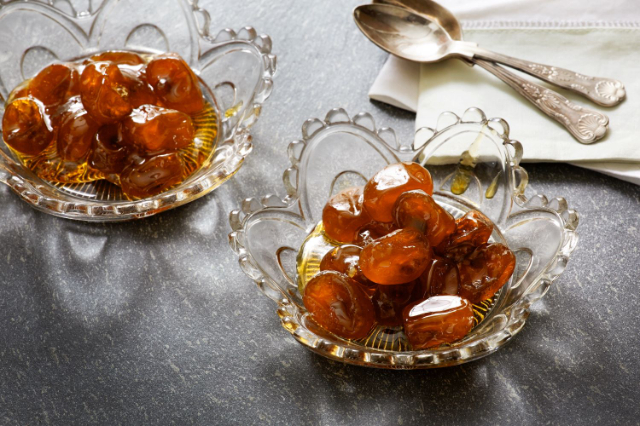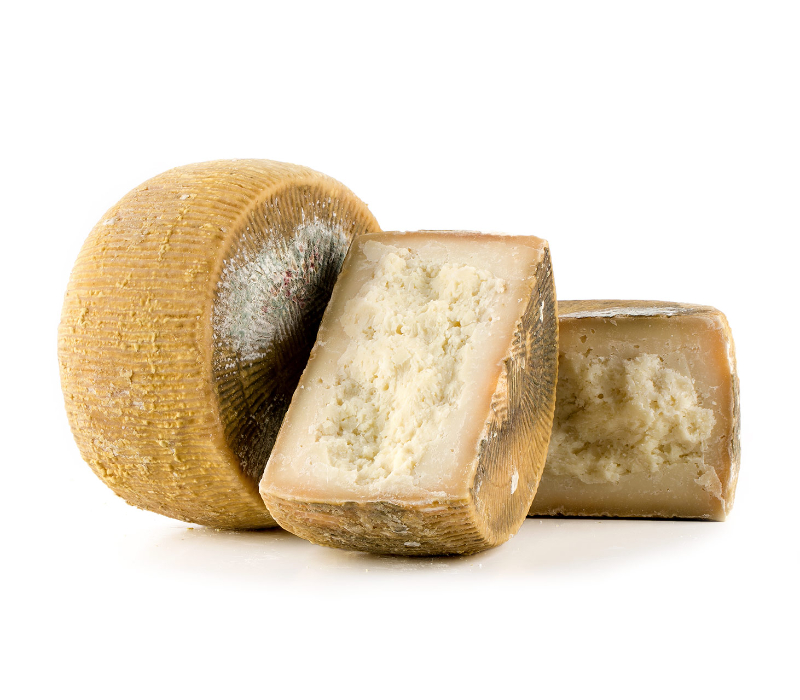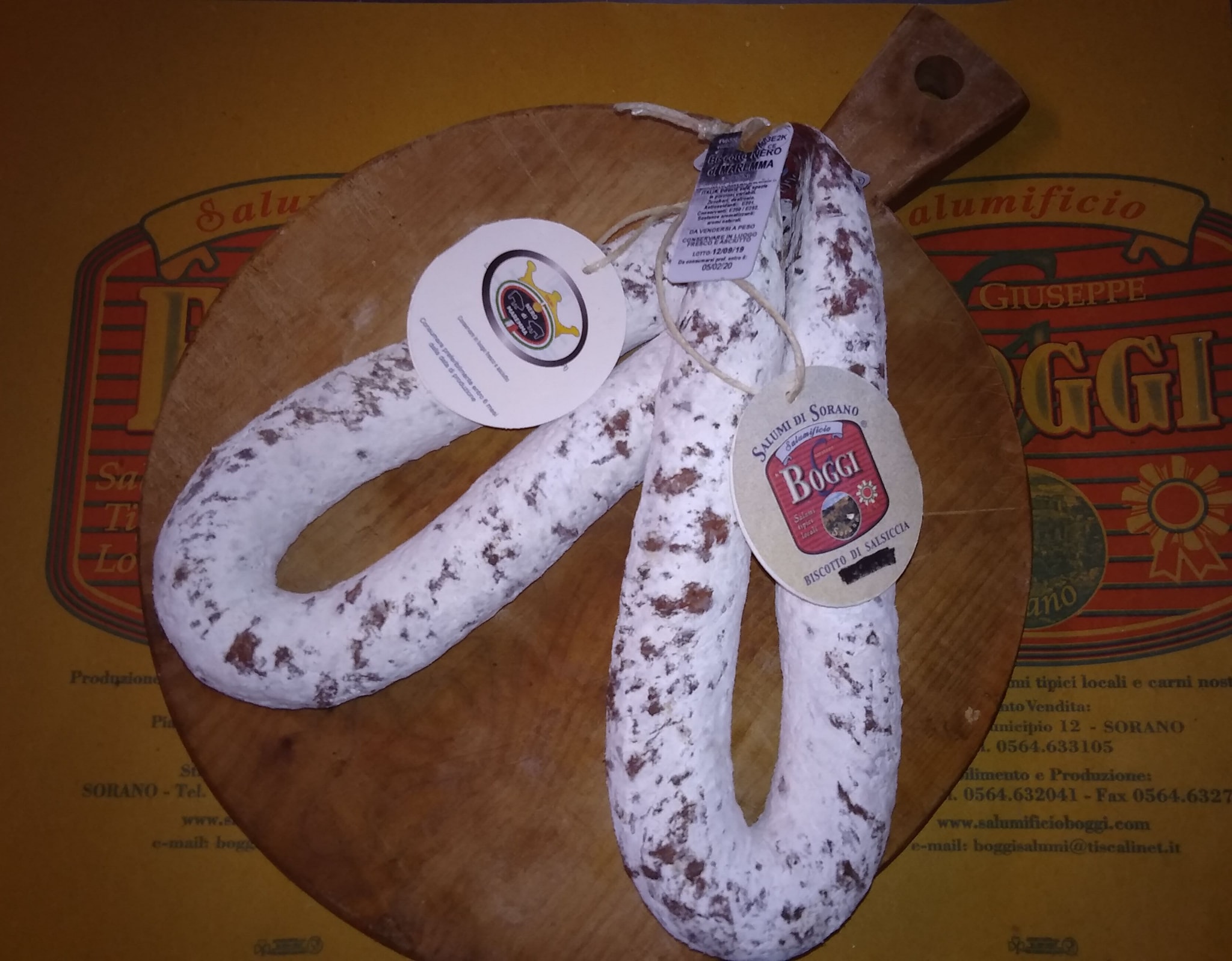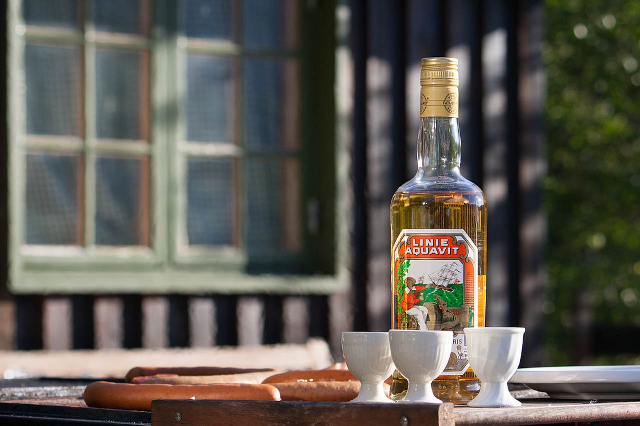Greek spoon sweets, or “glyka tou koutaliou” in Greek, are a delightful and cherished part of Greek culinary tradition. These sweet preserves are a delectable combination of fruits or nuts, sugar, and a touch of aromatic spices. They are called “spoon sweets” because they are typically served in a small spoon as a sweet gesture of hospitality.
The tradition of spoon sweets has a long history in Greece, dating back to ancient times. They were originally created as a way to preserve fruits and capture the essence of each season’s harvest. Over the years, these sweets evolved into a gesture of warm hospitality, symbolizing the generosity and welcoming nature of Greek culture.
In the heart of Greece, where the plains of Thessaly meet the Aegean Sea, Mount Pelion rises majestically, like a guardian shielding the land from the brisk northeasterly winds that sweep down from the Dardanelles. This remarkable mountain, known for its enchanting landscapes and bountiful orchards, has earned its reputation as the “orchard of Greece.” Mount Pelion’s fertile soil nurtures a stunning array of fruits, including apples, peaches, cherries, oranges, figs, and more.
The guaranteed rainfall, carried by the winds from the Dardanelles, has transformed this mountain into a veritable garden of Eden. From the crisp bite of apples to the succulence of peaches, the juiciness of cherries, and the citrusy zing of oranges, there’s no limit to what can thrive on the fertile slopes of Mount Pelion.
In Vizitsa, one of the Greek villages that have dotted Mount Pelion’s slopes since antiquity, the women-run Esperides Co-operative uses the region’s abundant orchards to create traditional Greek spoon sweets with a secret local ingredient.
The most common spoon sweets are made from a variety of fruits, including cherries, sour cherries, quince, figs, oranges, and lemons. Each type of fruit offers a unique flavor, and the preparation process brings out the natural sweetness and aroma of the fruit. In Greece, you can find these treats in homes, cafes, and restaurants. They’re often served with a glass of cold water or a strong Greek coffee. Beyond fruits, some spoon sweets incorporate nuts like walnuts, almonds, or pistachios. T
hese nut-based sweets are equally popular and provide a satisfying crunch along with their sweetness. It’s not uncommon to find variations that include a hint of cinnamon, clove, or even a splash of brandy, adding an extra layer of flavor.
Spoon sweets are more than just a sweet treat; they are a symbol of Greek hospitality. When you visit a Greek home, it’s customary to be offered a spoon sweet along with a glass of cold water or coffee. The act of serving these sweets reflects the host’s desire to make you feel welcome and cherished. While spoon sweets are often served on their own, they also make wonderful accompaniments to other dishes. For instance, they can be paired with creamy Greek yogurt for a delightful dessert, or used as a filling for pastries. They are also a wonderful addition to a cheese platter, offering a sweet contrast to savory flavors. Many Greek families take pride in making their spoon sweets from scratch, using recipes that have been passed down through generations. The process of making spoon sweets is a labor of love, involving careful attention to detail and patience to bring out the perfect flavors and textures.
Psomotyri delicatessen at the Petralona Metro Station in Athens is the only shop in the capital that stocks products from the Esperides co-op;
Spoon sweets are not just limited to Greece; they’re a beloved souvenir for travelers to bring back home. Whether you’re enjoying them in a quaint village, a bustling city, or a seaside taverna, Greek spoon sweets offer a delightful taste of Greece’s rich culinary heritage. It’s a taste that lingers in your memory long after you’ve left this beautiful Mediterranean country.













